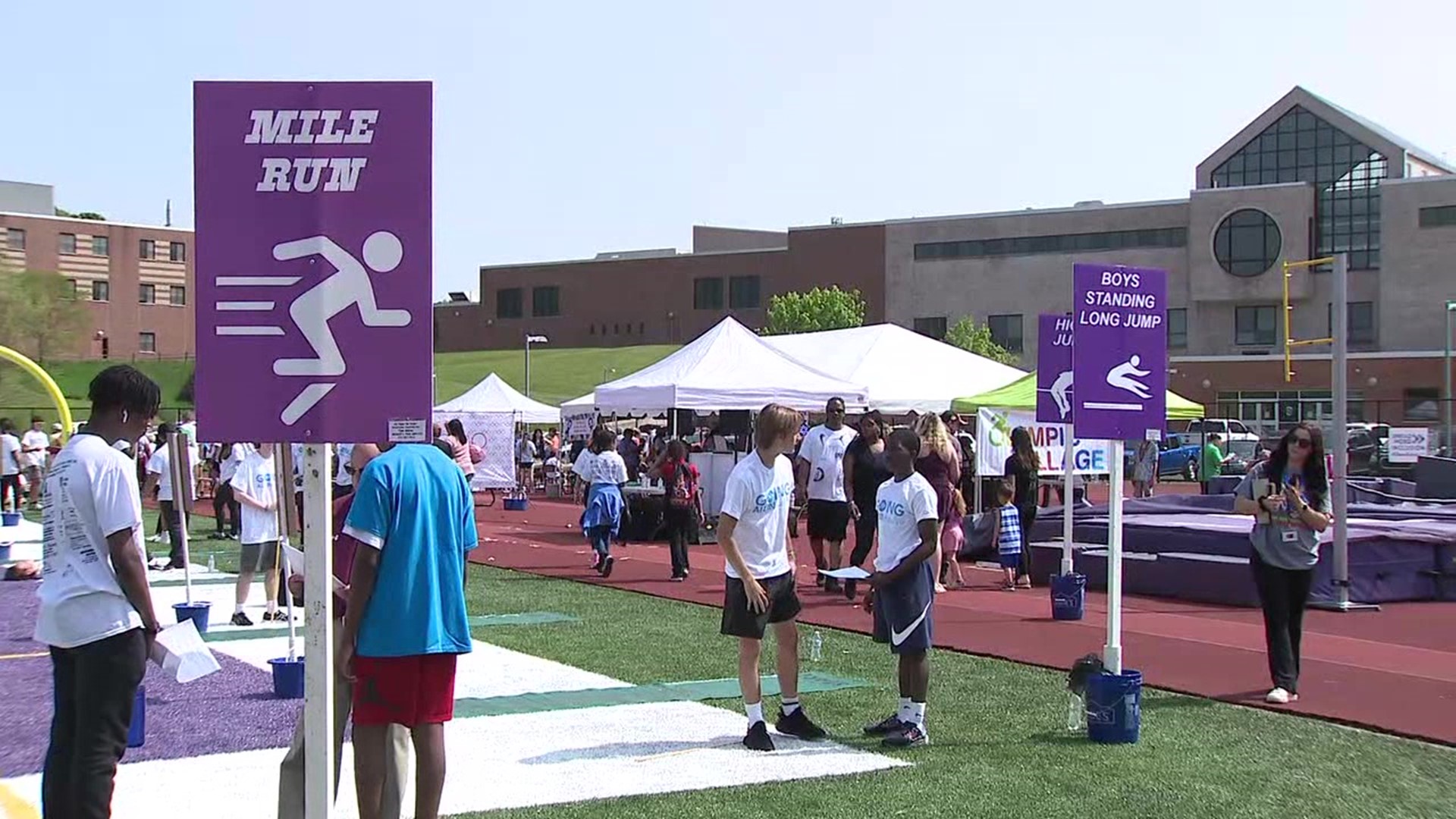During a May 1 press briefing, White House Press Secretary Karine Jean-Pierre was asked how President Joe Biden wants to “address this challenge of illegal immigration.” As part of her answer to that question, Jean-Pierre highlighted the results of immigration programs implemented by the current administration.
“And that’s why you’ve seen the parolee program be so successful,” Jean-Pierre said. “It has — when it comes to illegal migration, you’ve seen it come down by more than 90%, and that’s because of this act — the actions that this President has taken.”
Several VERIFY readers on Instagram and Twitter asked if the press secretary’s claim is true.
THE QUESTION
Has illegal immigration come down by more than 90%?
THE SOURCES
- U.S. Customs and Border Patrol (CBP)
- White House transcripts
- A White House press office spokesperson
- U.S. Citizenship and Immigration Services
THE ANSWER
Illegal immigration as a whole has not dropped by 90%. However, Jean-Pierre was not talking about immigration as a whole. She was discussing the success of a specific program, which only applies to migrants from Cuba, Venezuela, Nicaragua and Haiti. There was a 98% drop in undocumented migrants from those countries during the first two months of this year.
WHAT WE FOUND
Typically, when people refer to illegal immigration totals at any given time, they’re referring to Customs and Border Patrol (CBP) data on monthly encounters CBP officials have with migrants unlawfully in the United States. Although it’s not the same as the total number of undocumented migrants entering the U.S. each month, it’s the best data available and it’s the data government officials usually refer to. So we’ll be using that data for this story.
Data from a CBP press release from March shows encounters between ports of entry dropped 42% between December 2022, when encounters were at their recent peak, and February 2023, when encounters were at their recent low.
But Jean-Pierre was speaking about a specific program when she referenced the 90% drop.
“Karine was saying that encounters were down because of our parole programs, which apply to Cuba, Venezuela, Nicaragua and Haiti,” a spokesperson from the White House press office told VERIFY in an email.
According to the CBP’s March press release, the seven-day average of CBP encounters between ports of entries with individuals from those four countries declined 98% between Jan. 5 and Feb. 28.
The parole program allows individuals from Cuba, Venezuela, Nicaragua and Haiti to apply to travel to and stay in the U.S. on a “temporary period of parole” for up to two years. To qualify, a migrant must have someone in the U.S. who agrees to provide the migrant with financial support during the duration of their stay, U.S. Citizenship and Immigration Services says. At the end of those two years, parolees may choose to apply for existing lawful immigration pathways they may be eligible for, including an extension of parole, immigrant and nonimmigrant visas, asylum and Temporary Protected Status (TPS).
This program was announced Jan. 5 and took effect on Jan. 6.
Parole is when the Department of Homeland Security (DHS) temporarily allows certain migrants to physically enter or remain in the U.S. if there are “urgent humanitarian or significant public benefit reasons” for doing so, the American Immigration Council says.
This program is meant to provide “safe, orderly, and lawful pathways” to the U.S. for people who otherwise might have entered the U.S. unlawfully.
Republican attorneys general from 20 states filed a lawsuit on Jan. 24 to stop the program. The attorneys general claim the DHS “has effectively created a new visa program— without the formalities of legislation from Congress.” They say their states are harmed by allowing so many migrants to “enter each of their already overwhelmed territories.”
Supporters of the program argue that it is legal and the suing states haven’t challenged a similar program regarding Ukrainians. Supporters say the program “represents one of the few remaining safe, viable pathways to the U.S.” and without it “the situation at the border will become increasingly chaotic.”
A decision regarding the lawsuit has yet to be made by the U.S. district court overseeing the suit.



